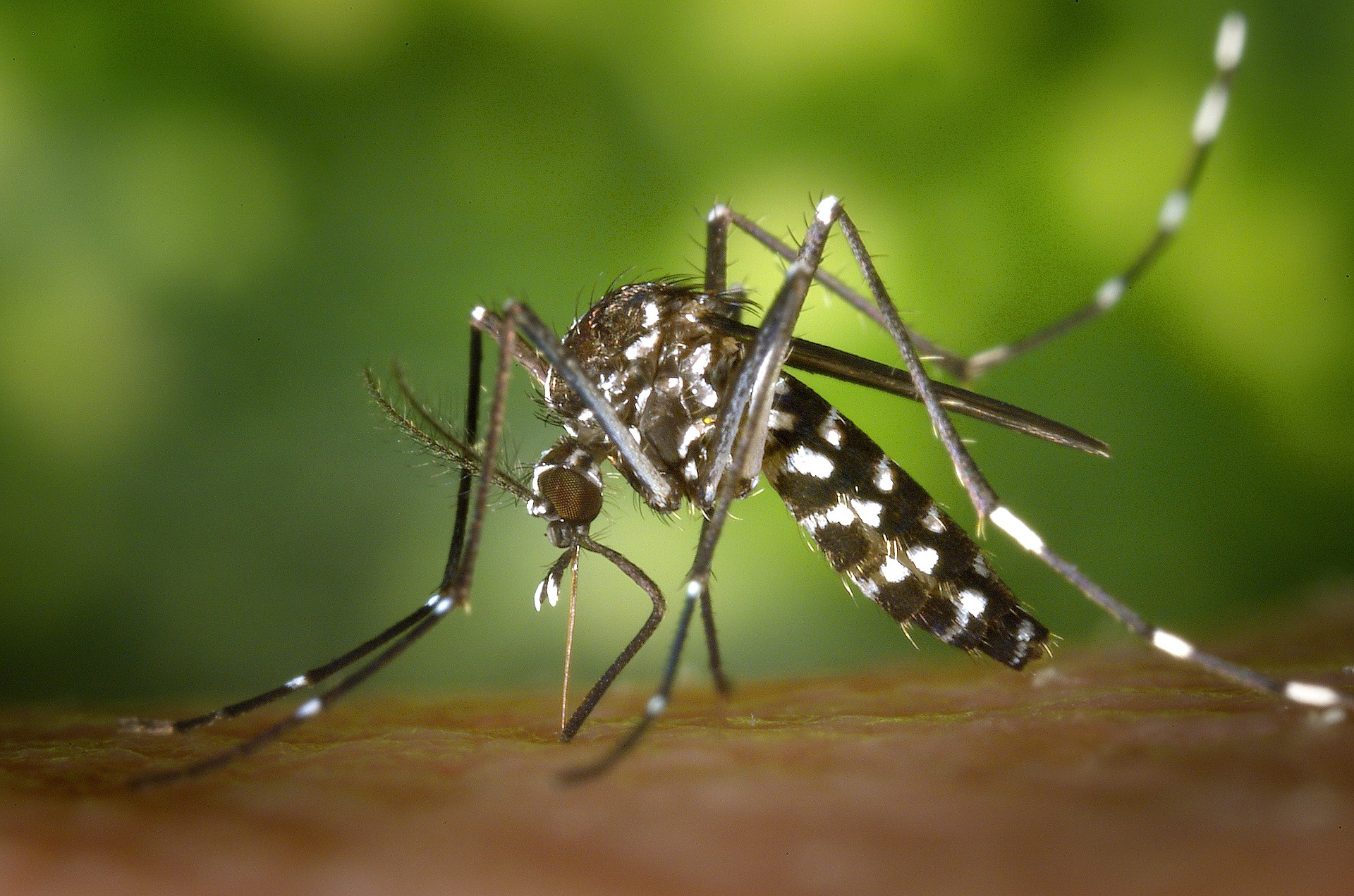Latin America is known for its lush greenery, intriguing culture and fascinating history, but what has emerged in the countries is something far from beautiful.
The dengue and Zika viruses have become widespread across South America. Both diseases, spread by Aedes mosquitos, have rapidly plagued many areas, especially Brazil, and organizations are attempting to limit the deadly effects of the diseases.
As part of Brazil’s plan to save hundreds of lives, on Dec. 28, the government became the first South American country to approve the world’s first dengue fever vaccine. The flu-like virus killed approximately 839 people this year alone in the country and infected more than 1.5 million people. The new vaccine, known as Dengvaxia was provided by French pharmaceutical company Sonofi, which is now permitted to provide the vaccine in three out of the twenty countries they requested permission to provide to in Asia and Latin America.
Although the medicine was authorized, the government said that a price per dose must still be set for the vaccination, which takes approximately three months to accomplish. If officials wish for the vaccine to be a part of the national vaccination plan, health officials claim that a separate review would need to take place.
Dengue is known for its difficulty to treat because there are four separate strains that effect individuals. Sonofi’s clinical tests of Dengvaxia, which were conducted on 40,000 people from 15 countries, found that the drug has the potential to immunize two-thirds of those who are nine years or older.
The fever is known to infect approximately 400 million people per year, and, according to the World Health Organization, tends to kill roughly 22,000 people per year.
Even though the country has taken precautionary measures against dengue, officials still have work to do in protecting Brazil’s citizens, as Zika virus has yet to be able to be contained. The virus has spread through Brazil and surrounding countries, causing life-threatening and developmental birth defects.
Those who are infected with Zika, like dengue, often don’t realize they are carrying the virus, as symptoms do not show, or are mild. Although a Zika infection isn’t usually life-threatening for the individual bit by a virus-carrying mosquito, the risk has become incredibly high for women who are infected while pregnant. The infection causes the development of the untreatable condition microcephaly, which inhibits brain and head development.
The National Institute of Neurological Disorders and Stroke reported that while some children born from an infected mother will only suffer from mild disabilities, most cases are at high risk of developing disabilities such as Down’s syndrome. Over 1,200 infants in Brazil were born with microcephaly.
Health officials in the country are aware of the Zika threat and have issued alerts to warn citizens of the disease and its effects. As Brazil is now its summer months, the virus is expected to spread more rapidly, causing widespread panic about the safety of becoming pregnant while Zika is running rampant.
Researchers and officials are continuing to research both viruses and keeping Brazilian citizens updated on safety procedures. For now, all inhabitants of South America are encouraged to use insect repellants to deter mosquitos.
In other health and science coverage here at Immortal News, scientists in California found a way to prevent mosquitoes from transmitting malaria.
























